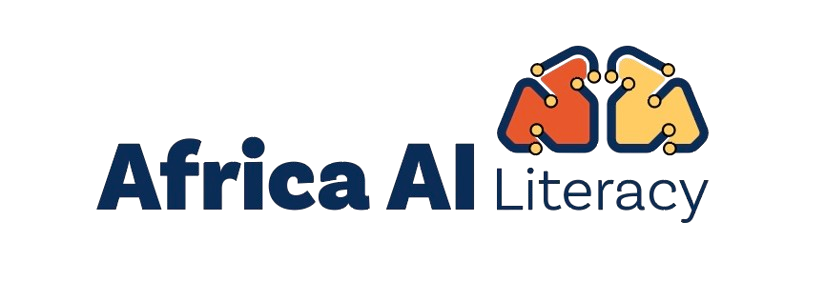Edtech AI Terms you Should Know!
Familiarizing yourself with key AI terms is important for navigating the AI Edtech landscape effectively.🙌
Important AI Terms for Educators:
1. Machine Learning:
AI algorithms that enable computers to learn from data and improve performance without explicit programming.
2. Adaptive Learning:
Technology that adjusts instruction and content based on individual student progress and needs.
3. AI Grading:
Automated assessment of student work using AI algorithms to provide feedback and scores.
4. Natural Language Processing (NLP):
AI technology that enables computers to understand, interpret, and generate human language.
5. Large Learning Models (LLM):
Advanced AI models that process and generate human-like text, enabling applications such as language translation, text summarization, and content generation.
6. ChatGPT:
AI-powered chatbots that engage in conversations, answer questions, and provide assistance to students.
7. Personalized Learning:
Tailoring instruction and content to meet each student’s unique needs and learning styles using AI.
8. Data Analytics:
Using AI tools to analyze data and identify patterns to inform decision-making in education.
9. Predictive Analytics:
Using AI to analyze data and make predictions about student performance or behavior to inform instructional decisions.
9. Educational Recommender Systems:
AI systems that suggest personalized learning resources based on student preferences and objectives.
10. Virtual Reality (VR) and Augmented Reality (AR):
Immersive technologies that use AI to create simulated environments for learning.
11. Chatbots:
Virtual assistants powered by AI that interact with students to answer questions and provide support
12. Speech Recognition:
AI technology that converts spoken language into text, allowing students to interact with educational tools through voice commands.
13. Content Management Systems (CMS):
AI-powered platforms that manage and organize educational content, including lesson plans and multimedia resources.
14. Gamification:
Incorporating game elements into educational activities to enhance student engagement and motivation using AI algorithms.
Final Thoughts:
By understanding and leveraging these essential AI terms, you can effectively integrate technology into your classrooms.☺️
